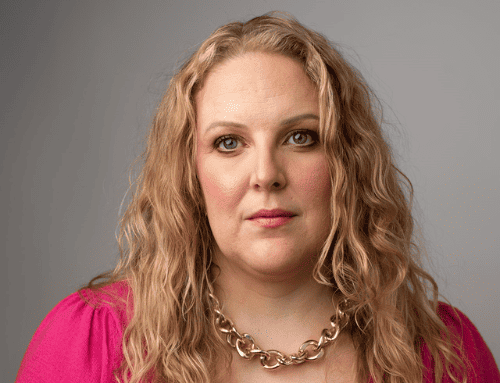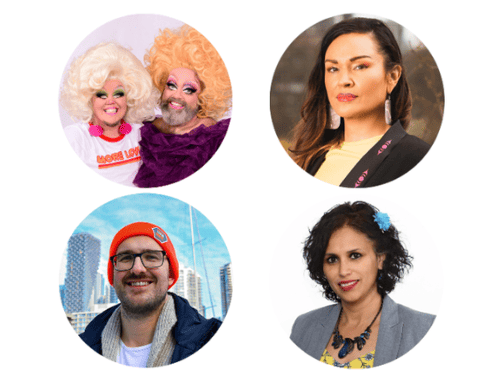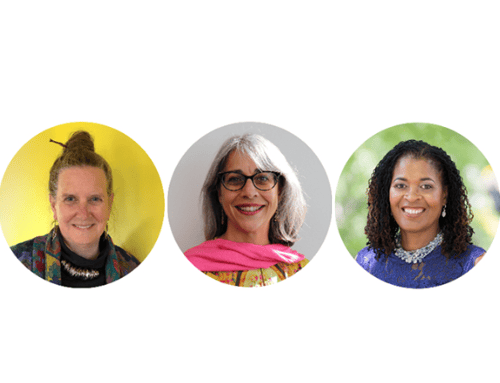As a young girl, Elizabeth Correia never expected she would one day publish a book and run her own business.
Born and raised in a low-income neighbourhood in the northeast end of Toronto, she grew up in a household where physical, sexual, and emotional violence was the norm. Her father was an alcoholic and often abused Elizabeth and her sister before they were placed in foster care.
“All the abuse as a child led me to make a lot of negative choices,” Elizabeth says. “I quickly became a product of my environment and got into a lot of different criminal activities, including selling drugs. It was a street-life kind of life that I was living for most of my teens—just lost.”
When she was 15, she started dating a man who was a few years older and extremely physically abusive. She got the courage to leave the relationship after five years. Later, she dated a man who was murdered in front of her.
“That led me to say, ‘OK, enough is enough. It’s been hell since I was 5 years old, and where do I go from here? Does it get any better?”
Craving a sense of belonging and change, Elizabeth went back to school and started going to church regularly. In her early thirties, she was married and raising a family. Just when things seemed to be going her way, she found out about her husband’s infidelity—knowledge that brought back years of pain dealing with mistreatment at the hands of other men.
Not having enough money to get her own place, Elizabeth took her two children to a shelter.
“I was afraid of the unknown. I didn’t know what was ahead of me or how it was going to be in the shelter. I didn’t know who I was going to be surrounded by, or whether my kids would be safe. The very first day when I sat there registering with the lady doing the intake, I was asking myself a million questions: ‘Am I doing the right thing? Should I be here?’”
But at the shelter, Elizabeth was moved by the women she met. She was stunned to learn some of them were in the shelter with as many as four or five children. Some had no finances and no family members. Others were very young mothers, and many were newcomers to Canada. In spite of all she’d been through, she felt her story was “a crumb” compared to the other women.
“I believed I was meant to be there to empower some of those women and girls and help build them up,” she says. “Most of them were in abusive relationships—how much longer could that go on before they were very seriously hurt?”
Elizabeth’s time at the shelter inspired her to find a way to help others who had also been abused, abandoned, or lost. “Surrounded by all those stories and all those women, I told myself I was going to do something positive with that experience.”
Soon after, she published a memoir and attended a self-employment training program which led to the launch of her small business, The D.e.v.a. In You Group. Today, Elizabeth facilitates workshops for at-risk women and youth and continues to share her own story through regular public speaking engagements.







Leave A Comment
You must be logged in to post a comment.